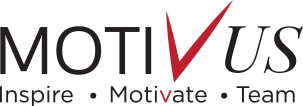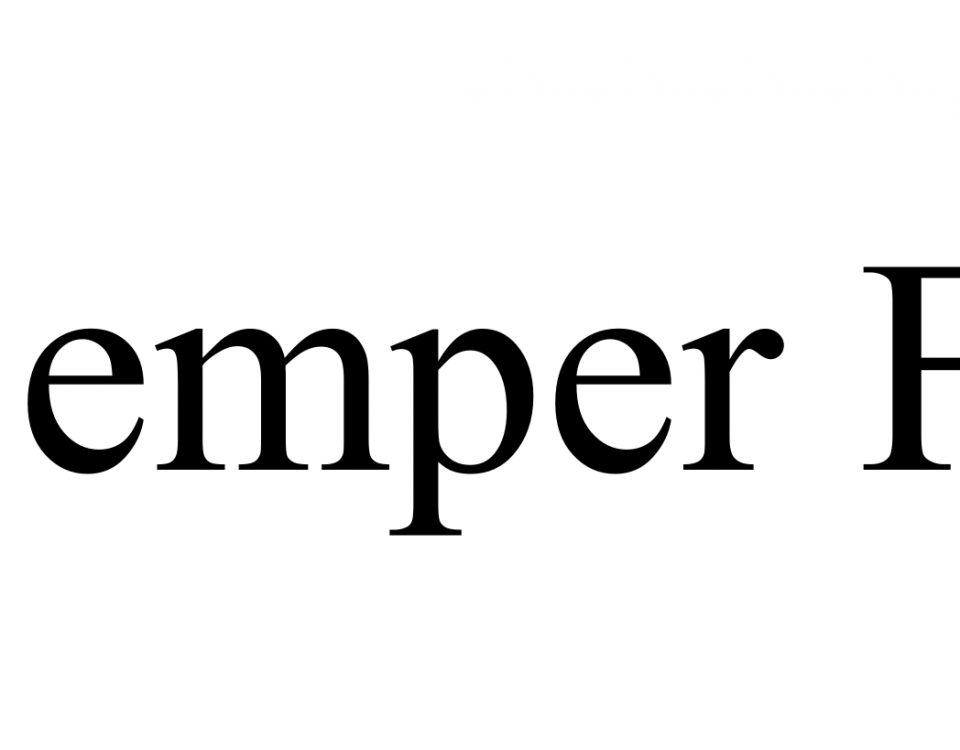3 Clever and Ravenous Interview Tips
I’ll outline 3 clever and ravenous interview tips. I’ll get to them tout de suite, but first let me alert you they are not designed to keep you out of HR jail. This does not proscribe a process to ace a HIPPA audit or to diminish disparate impact. These steps are designed to get you employee-of-the-month type colleagues.
The first occurs during your interview with the candidate. Your interview is going to deal less with tactical skill questions than maybe you do right now. You will not be the one asking continuous questions about excel, or writing skills, or cashier aptitudes or whatever the basic activities are of the job. Some of that, but not a lot.
As you define expectations, outline what the team needs and what the ideal candidate looks like. It’s not going to be those excel skills or the right accreditations. Not that. No, what you will outline will be:
- “we need someone who brings a great work ethic and a great attitude. Both of those qualities at or near world class.” Or it might be
- “our team is looking for our next colleague to run toward our goal, which is to be the best department in the company/hotel/agency/factory/restaurant/hospital.”
- “we want to hire someone who is our best colleague six months from now.
From there, you will tell each candidate the following. “Our goal is to offer the job to someone we really want. Not just someone who can do the job, but someone we all really want as a teammate.” Then spend several moments, in your own words, describing your team at its very best; describing the potential to be great for one another.
And then close. “
If you are fortunate enough to be offered the role, and we are lucky enough to have you say yes, because, understand, if we do offer you this job, we WANT you. Will you:
- bring a great work ethic and a great attitude. Both of those qualities at or near world class?”
- run toward our goal, which is to be the best department in the company/hotel/agency/factory/restaurant/hospital. Will you think of that as your job description?
- strive to be our best colleague six months from now?
Then you shut up a wait for an answer. Bite your tongue. You talked, now they talk. Really measure the response, because it will be the foundation of your relationship with this person forever. It will be something you have always- both of you. It becomes the Bible and the Magna Carta and the Constitution all rolled into one. The level of commitment you hear becomes the bulwark against which you manage them. Forever.
As long as you represent, of course. You must represent. Hypocrite must not be your name or your shame.
That’s the first and most important. Outlining the overarching goal for this new hire and using that closing question after you’ve defined it. You close on every reasonable candidate, and then you never have to wonder. You know its there. You might close on three or four for every one hired.
Number two is letting positional peers participate in the interview process. Everyone involved in an interview gets to play the black ball. This is critical. They must know their input matters.
People not accustomed to interviewing will not play the black ball unless induced into it. They tend to be easy graders, so you have to remember that when you debrief.
Have these folks look for those tactical skills I said you’d be underemphasizing during your interview. But also encourage them to discover if this person will be a good fit and make us better. Use the same language you used with the candidate during your close.
By the way, I am using the term “close” as in sales, not to describe the end of the interview. I hope that was clear.
Tell colleagues two things are their responsibility to determine during the interview.
- Can this candidate do the job?
- Will this candidate, if he/she becomes a colleague, help our team be successful.
When you debrief, that is what you ask them about. Then ask if we should hire this person?
You’ll get too many yeses, but really that is not the point. In this process you have fundamentally trained brains on the expectations for everyone. You have developed shared language, and the whole process reeks of shared experiences. The hiring process builds the culture for your team
Sending a team of administrative assistants to a diner for lunch with a potential addition pretty much ensures good training when we finally do hire someone. After all, they will be doing much of the training. If the admins had a voice in the hire, plus scarfed down a turkey wrap on the company dime, you’ll have engaged colleagues.
In addition to peers, there can be other leadership chairs for whom this position might be mission critical. In those cases, they probably already are involved and I’ll leave the topic unattended other than this one thought. Just as the peer will naturally want the new hire to succeed, if for no other reason than to validate their own role in the selection process, so too will other leaders.
Almost always.
Have I had a colleague or two who could gum up the works?
Yes, I have. One deals with that as it comes. Can be awkward, but nothing is perfect except my wife’s smile.
Lots more I could write about number two, but in brief that sums up number two, getting peers and appropriate leadership nodding heads up and down prior to an offer.
The last critical step is day 1- the warm welcome. “Been expecting you. This is a big day. Great to see you again.”
That kind of reception.
Yet it comes also with the understanding that the goal setting and aspirational chatter during the interview was not just chatter We meant it. We model that behavior for new colleagues.
Again, shared experiences and shared language. Being on a good team is fun. Being on a losing team sucks.
Were you ever on a really good team? A basketball team or a trivial pursuit team. Won big? How’d that feel? Who doesn’t get amped when your team wins. Heck, even spectators get stoked. Participants on winning teams- they know how sweet it is.
We’re welcoming our new colleague onto a good team I hope. No one wants to be joining a bunch of losers. If the team is in the process of being rebuilt, talk about being on the ground floor of a great team’s development. Whether new or established, teams need shared goals. No group of people is a team if they don’t share the same goals.
I hope you are not trapped right now in a work environment where there are not clear goals that you embrace.
Our 3rd critical step then is day 1 and every day after that. Obviously our new hire has to learn the job, yet six or nine months down the road, if every day honors those values you closed on during your interview, you should have a colleague worthy of being considered a great teammate.
None of this should betray the principles your HR team advocates. My place is not to question the wisdom of the legal experts. Cull using their diversity guidelines, but understand your team is a melting pot.
Toss that around a bit; diversity vis-a-vis melting pot. Are they maybe oxymoronic? And which would more likely be the basis of a great team? In my presentations on team-building I get into that topic more precisely, but for now I’ll close.





